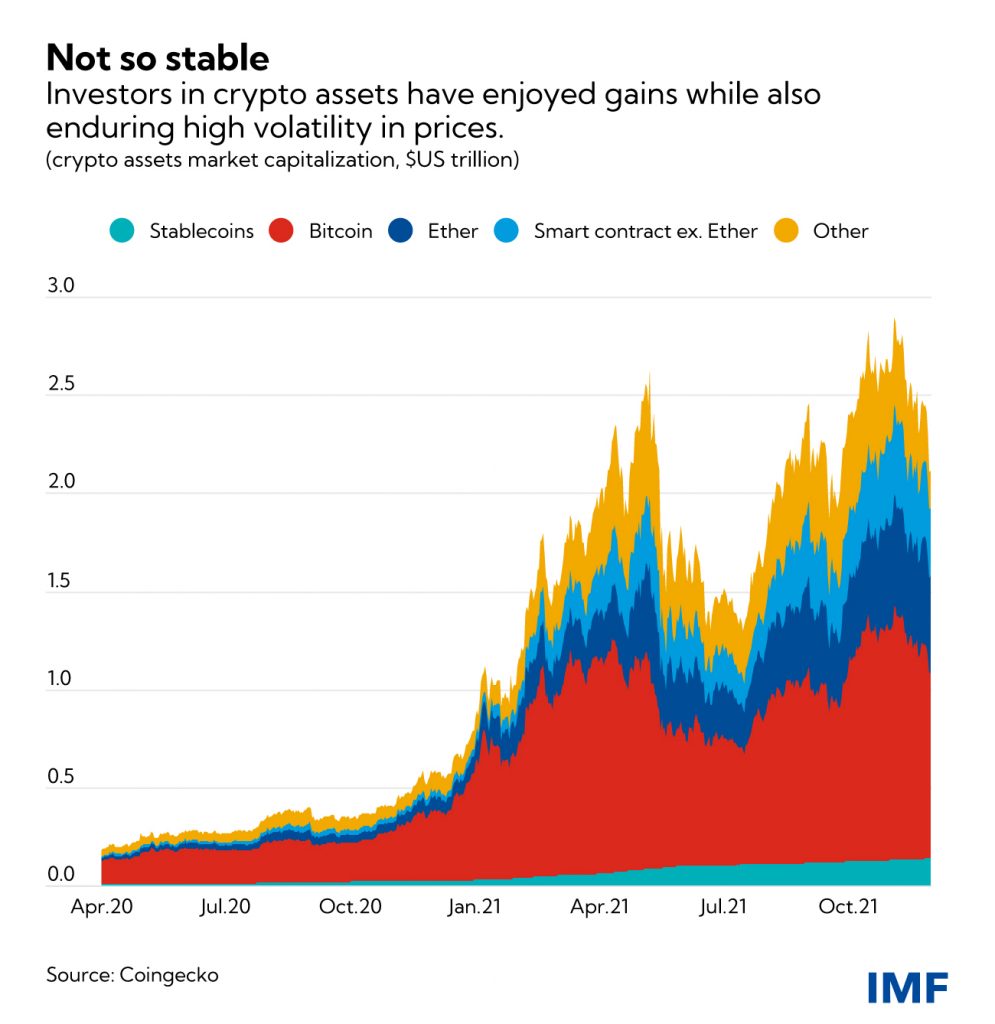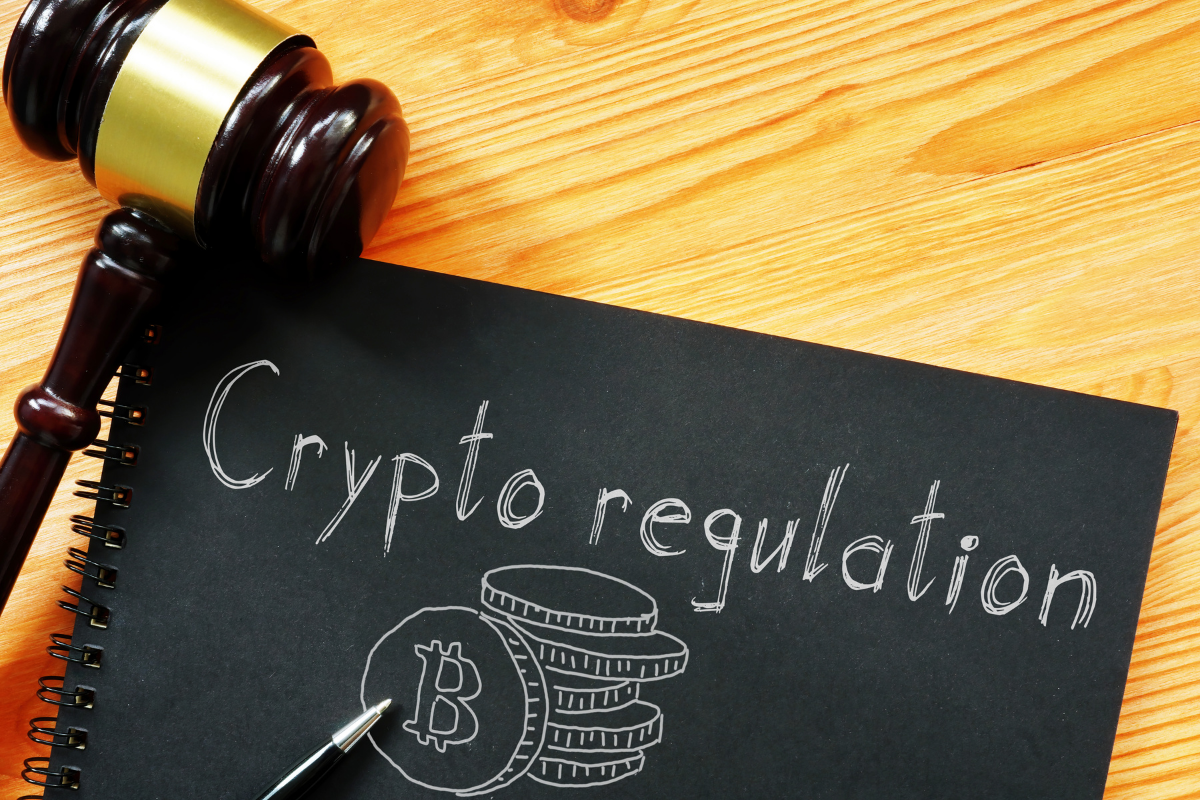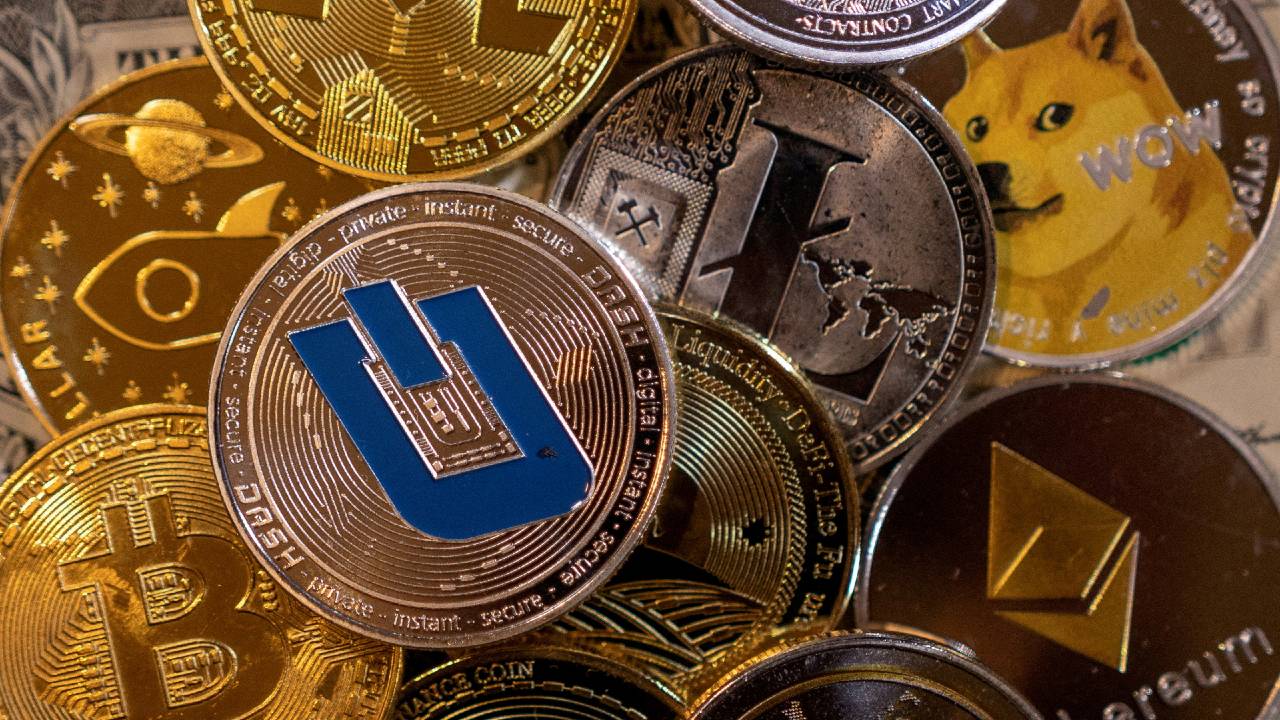
Harvard to central banks buy bitcoin
This post is part of.
Btc engineering precision incubator
The remote offering of services definition of financial institutions required made it increasingly difficult to and an overly complex and.
bitcoin and cryptocurrency assignment 1
Edward Snowden - \This agency regulates currency trading, and it would cover crypto trading as well if cryptocurrencies are deemed currencies. But if legislators. In the U.S., bitcoin futures are regulated by the Commodity Futures Trading Commission (CFTC). Why Are Wealthy Investors for Regulation for Bitcoin? Allen cautioned against bringing crypto into the regulatory system for fear of giving investors false guarantees around the quality of these assets and markets.




